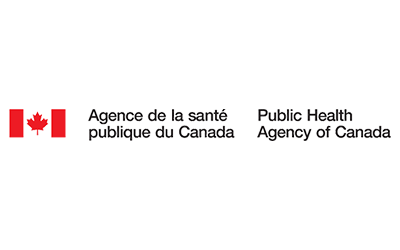Yes and no. Aside from the normal weight loss that occurs following childbirth, it is not recommended to intentionally lose weight in the first 6 to 8 weeks post delivery while breastfeeding. After this period, a gradual weight loss is acceptable.
Throughout the first two months, the mother’s body needs energy to recover from childbirth and to produce enough milk for her baby.
During pregnancy, the placenta, the amniotic fluid and the baby contribute about 5.5 kg to the mother’s weight gain. It is therefore normal that this extra weight disappears after childbirth.
During breastfeeding, the body uses energy stored in fatty tissue (notably found in the breast and hips) in order to produce milk and to be able to breastfeed. Because of this greater energy expense (calories) for the body, women who breastfeed experience a more significant weight loss than those who don’t. Breastfeeding can therefore lead to involuntary weight loss.
Slowly but surely.
Voluntary weight loss, which can begin between 6 to 8 weeks post delivery, should be done in a safe and gradual manner. Weight loss programs, medications, liquid diets and fasts are not recommended. They place both the mother and her baby at risk of nutritional deficiencies and can affect milk production. A weight loss of 1 to 2 kilograms per month is a reasonable objective. Generally speaking, a healthy and gradual weight loss after pregnancy is carried out over a period of 9 months, at the same pace at which the initial weight gain occurred. Since all women are unique and different from one another, some will lose weight more rapidly than others. The key is to make good food choices. To find out how to lose weight after childbirth, consult the following article.






